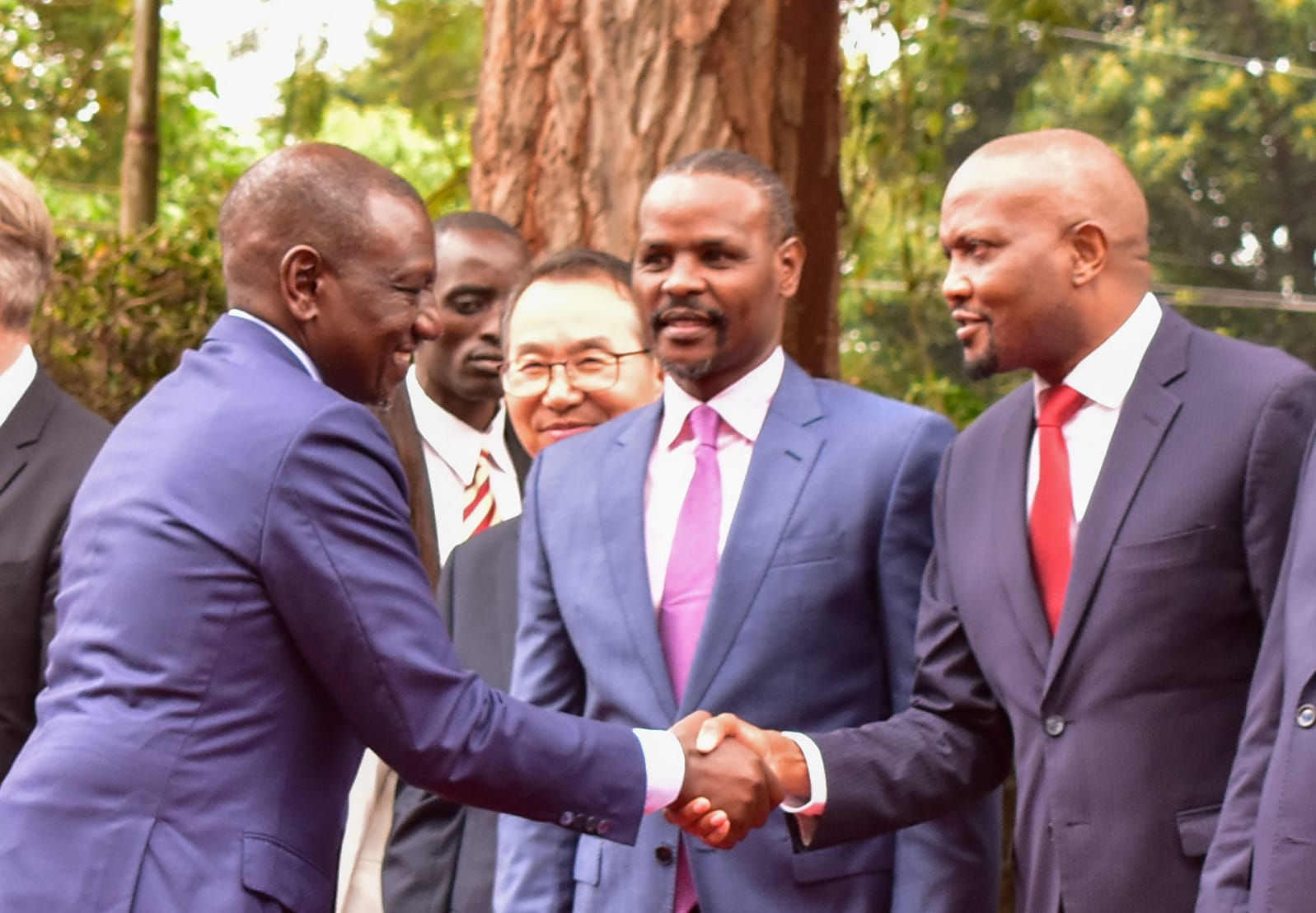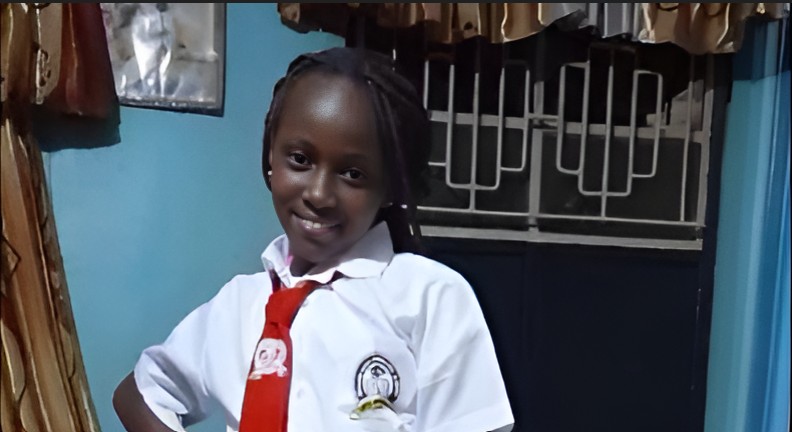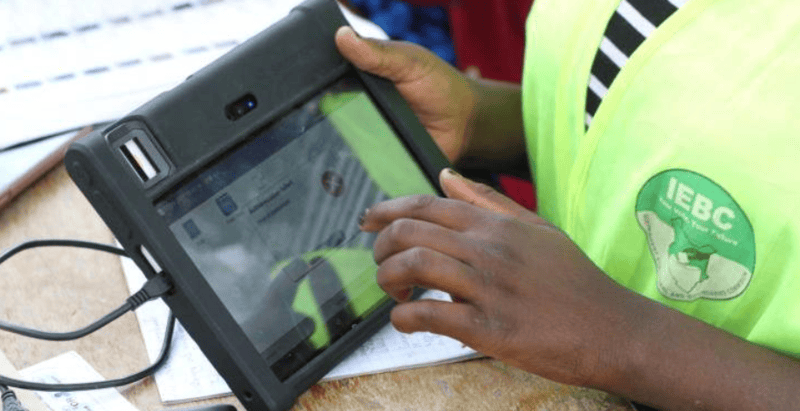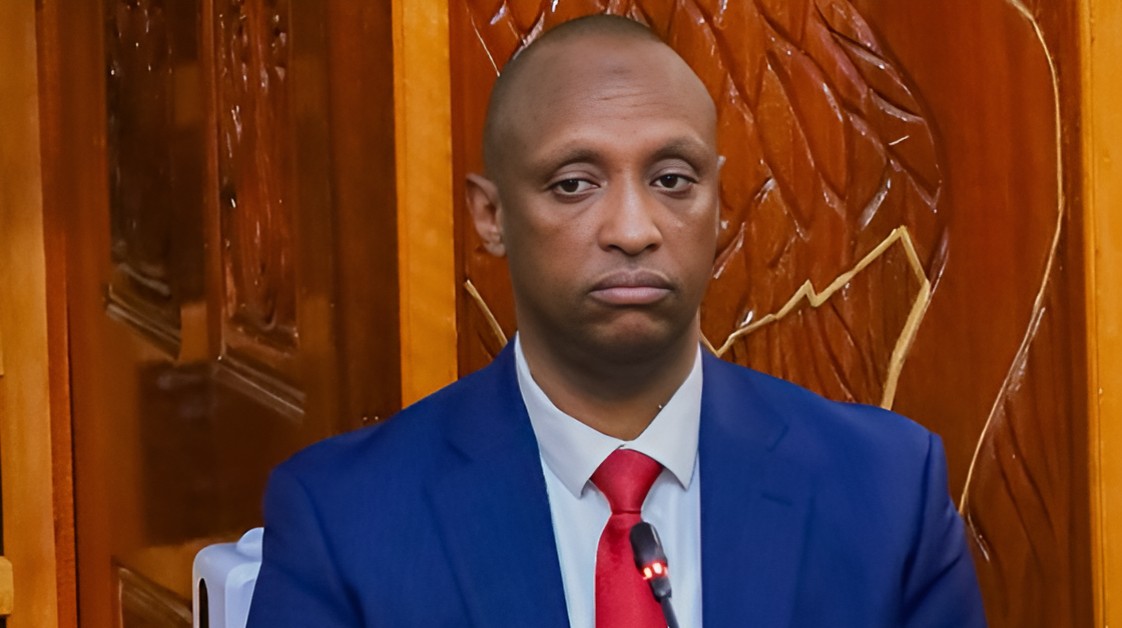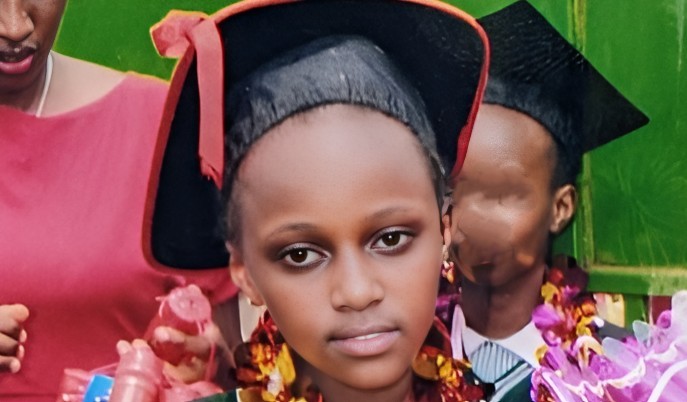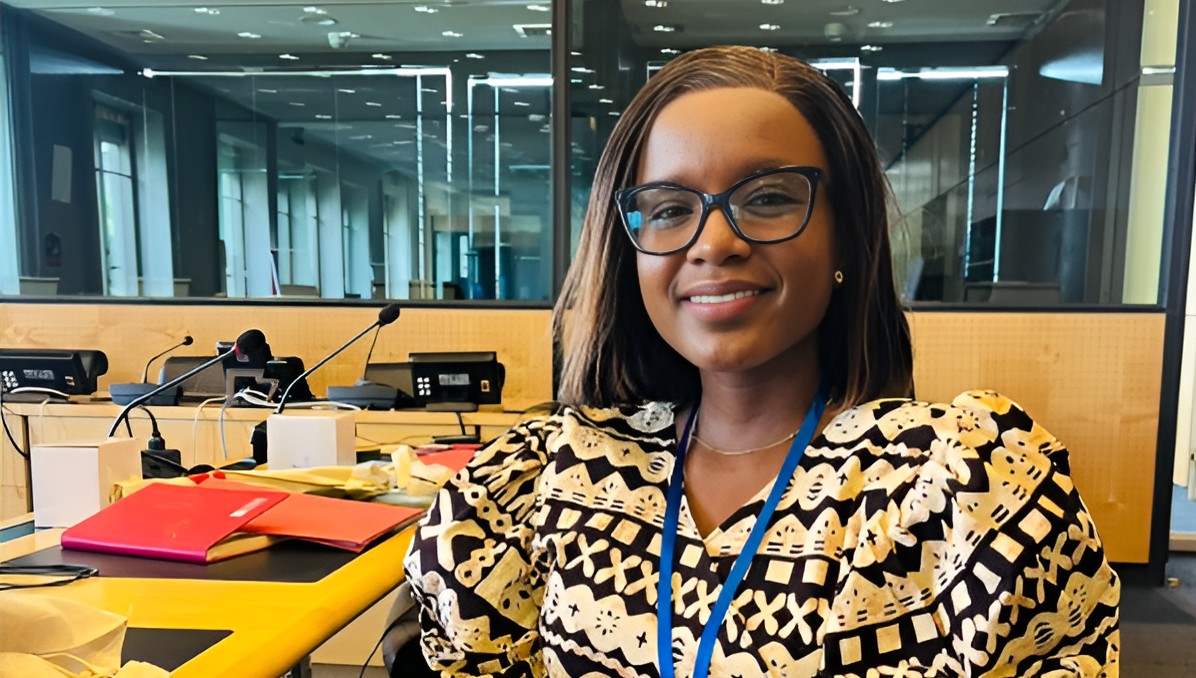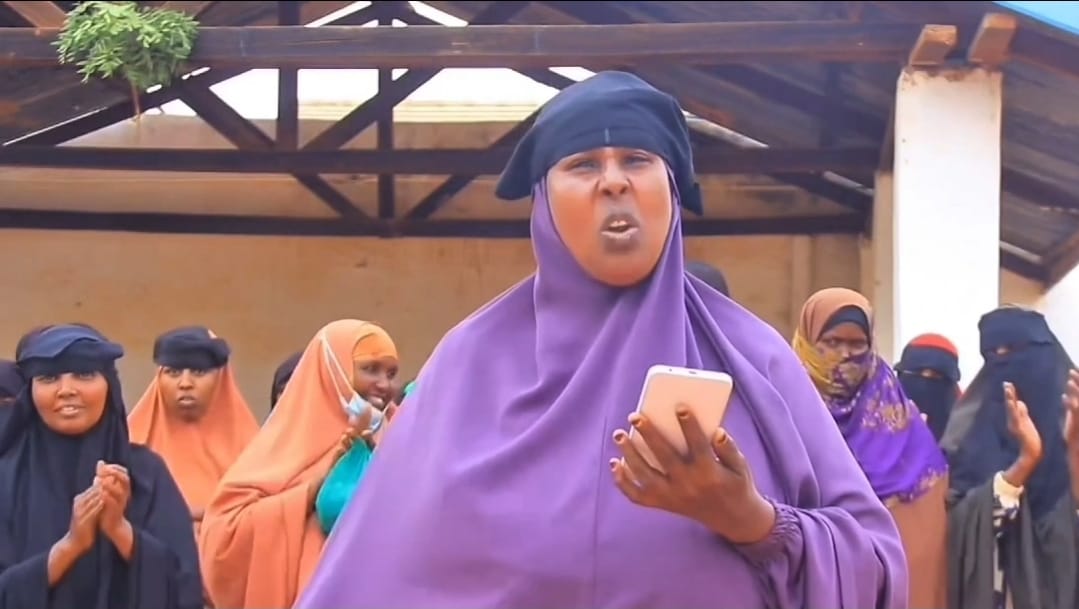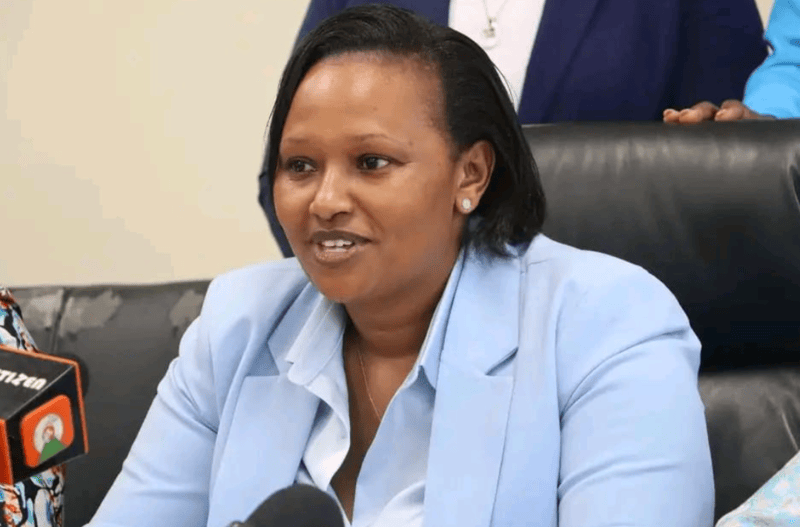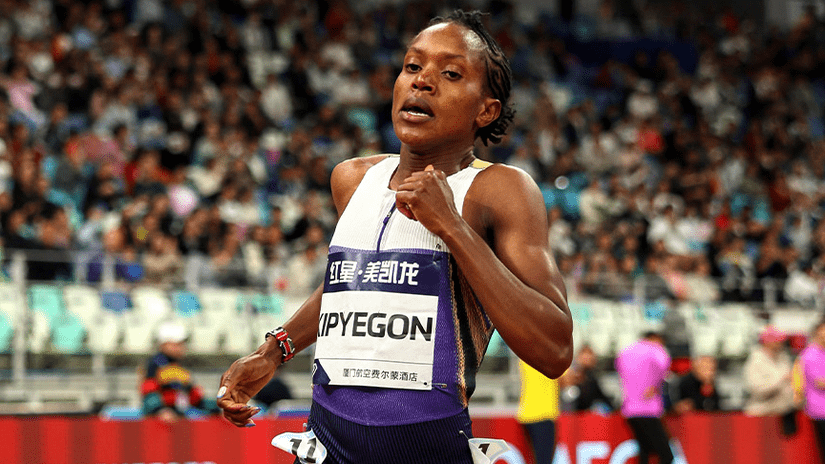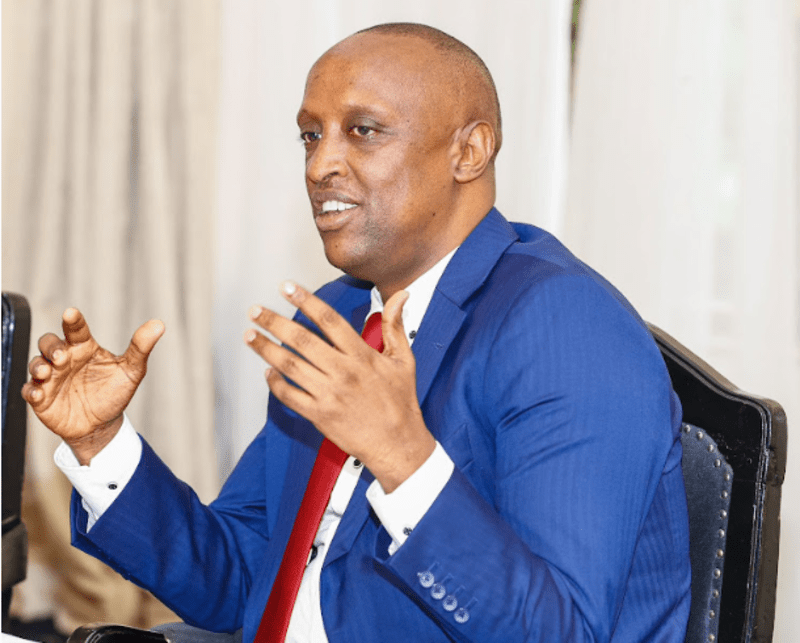Letter from Mideast: "I fear not death, but dying unseen" - Gaza journalists as witnesses, targets
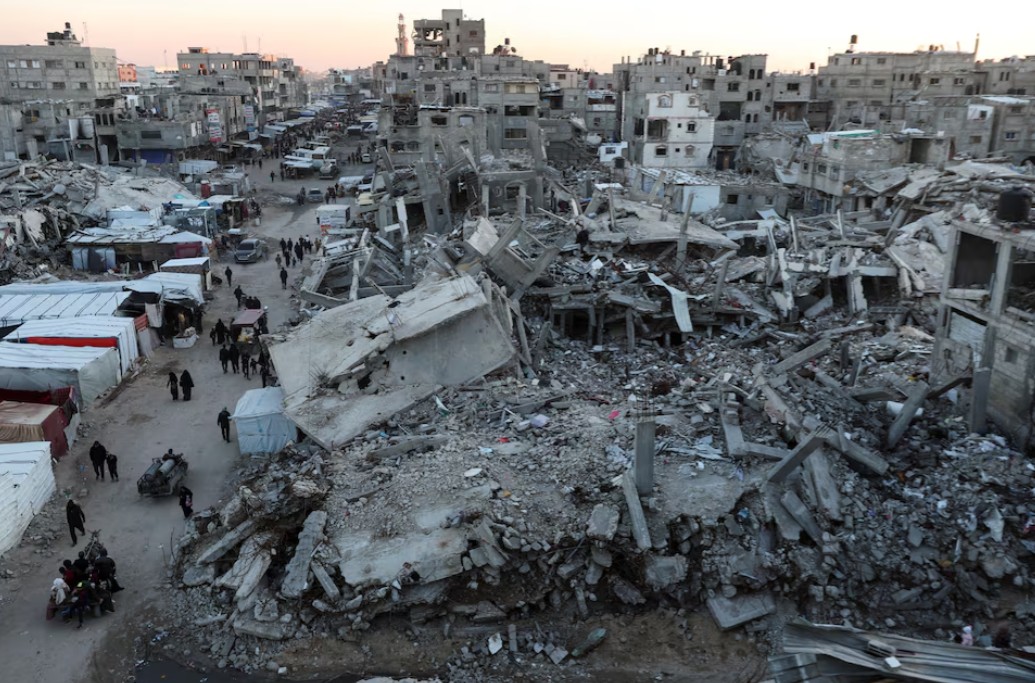
Photographer Reziq Abdul Jawad, a father of three, moves through war zones with his camera as his only protection, whispering, "I carry my camera like a shield, but I can't protect my children from what's coming."
To be a journalist in Gaza is to exist in a perpetual state of struggle: We document destruction while experiencing it, report on loss while mourning our own, and bear witness to atrocities that could claim our lives at any moment.
For 19 years, we have walked this impossible line - Palestinian journalists' chronicling life in this besieged enclave, where every headline carries the weight of personal tragedy.
More To Read
- 613 killed near Gaza aid outlets as hospital is overwhelmed by injured patients- UN
- Death toll from Israel strike on Gaza cafe rises to 34: sources
- Israeli strikes kill 25 people in Gaza as ceasefire talks loom in Washington
- What happens when aid is cut to a large refugee camp? Kenyan study paints a bleak picture
- UN-backed Israel-Palestine peace talks suspended amid escalating regional tensions
- Israeli fire kills at least 12 near Gaza aid sites, local health officials say
The rhythm of war became familiar over time. Since 2007, when Hamas seized control of Gaza after clashes with Fatah forces, we have covered periods of relative calm and eruptions of violence, beginning with Israel's 2008 offensive.
In those earlier conflicts, we still believed in certain boundaries. Our press vests felt like armour, the word "PRESS" a shield recognised by soldiers and civilians. Foreign colleagues moved alongside us, their presence offering an unspoken promise that the world was watching.
However, the war that began on October 7, 2023, shattered those illusions. Israel launched a military campaign that, according to Gaza's health authorities on Wednesday last week, claimed over 57,000 Palestinian lives and wounded more than 134,500 others. Hamas killed approximately 1,200 Israelis and took 250 others as hostages.
Suddenly, no one is safe - not medics, not children, and certainly not journalists. With foreign reporters barred from entering, we, as local journalists, become both chroniclers and casualties of this war.
For seven months, we worked beneath the constant roar of drones, our notebooks filling with stories that blurred the line between reporting and survival.
We interviewed mothers cradling dead children while fighting our own trembling hands. We filed dispatches from beside mass graves, the stench of decomposition clinging to our clothes. The streets we once knew have become abstract nightmares -neighbourhoods reduced to geometric patterns of rubble, landmarks erased without a trace.
Leaving Gaza brought no relief. Though our bodies crossed into Egypt, our conscience remains tethered to those still trapped under bombardment.
Our colleagues like Khader Abu Kwaik, a dedicated Xinhua cameraman, continue working despite unbearable conditions. "I fear not death, but dying unseen," he told us after sending his family to safety.
Photographer Reziq Abdul Jawad, a father of three, moves through war zones with his camera as his only protection, whispering, "I carry my camera like a shield, but I can't protect my children from what's coming."
Our brave editor Mohammed Odwan, also a father of three, processes casualty lists by day and lies awake at night wondering, "If a strike hits us tonight, how many of us will survive until morning?"
The numbers alone should shock: at least 220 journalists were killed, according to Gaza's media office. Those were our local workmates murdered in their press vests, in their homes, alongside their families.
Yet these statistics fail to capture the quiet heroism of local reporters, many of whom are unpaid, unsupported and unrecognised by the international media community, documenting atrocities with broken equipment, or the farmer planting herbs in Khan Younis' ruins, or the child in Deir al-Balah who still draws flowers.
This is why we write - both as detached observers and as those who have known the same fear and inhaled the same smoke. We understand that our responsibility extends beyond news cycles. Every dispatch is an act of resistance against erasure, a refusal to let Gaza's pulse fade from the world's consciousness.
The press vest no longer protects us. But as long as one journalist remains standing in Gaza's ashes, the world will know, and remember.
Just as Raed Al-Assar, a 33-year-old father of four now living in a tent in Deir al-Balah after losing his home during an Israeli airstrike in Gaza City 17 months ago, told us, "Even if they bury us, the roots of our stories will grow back."
Top Stories Today
